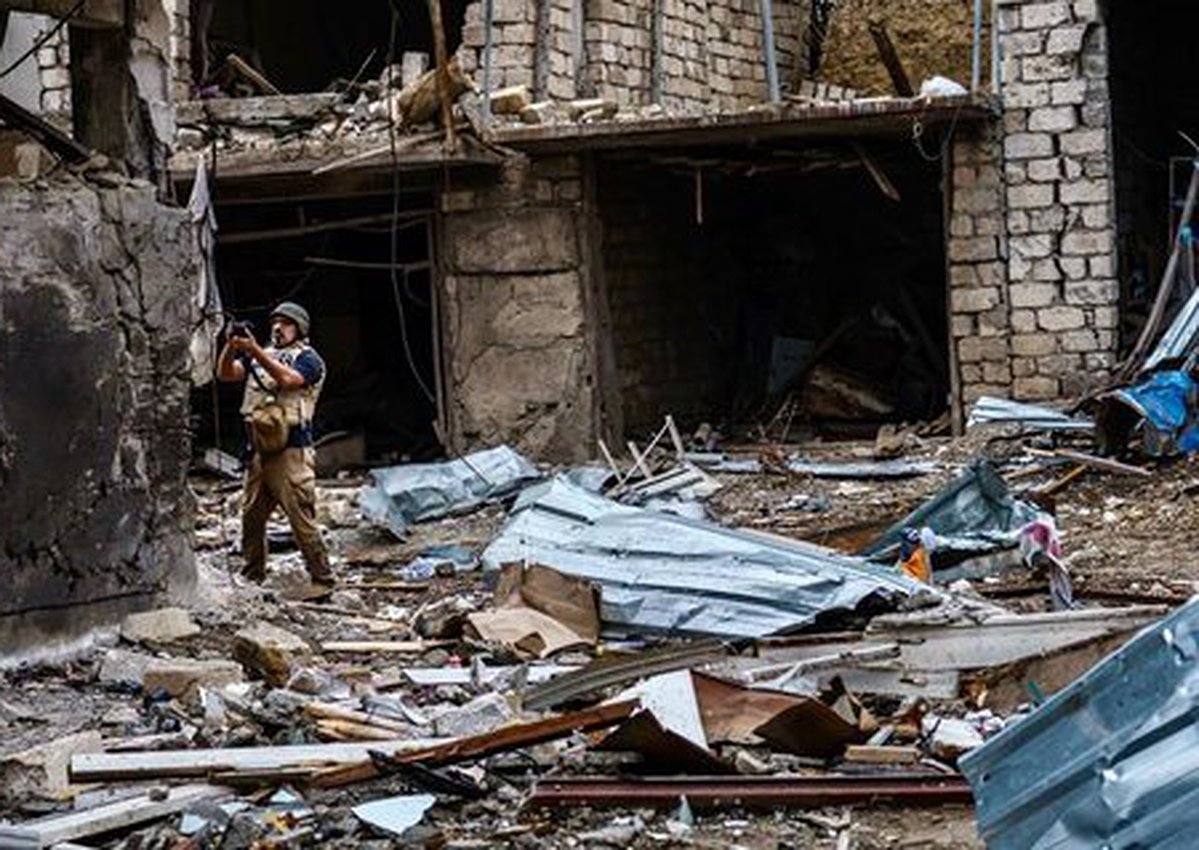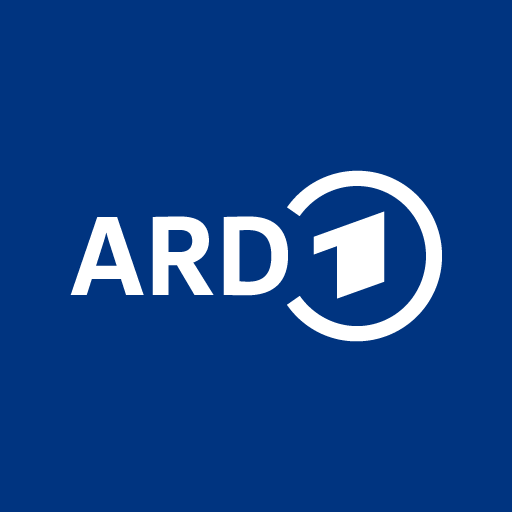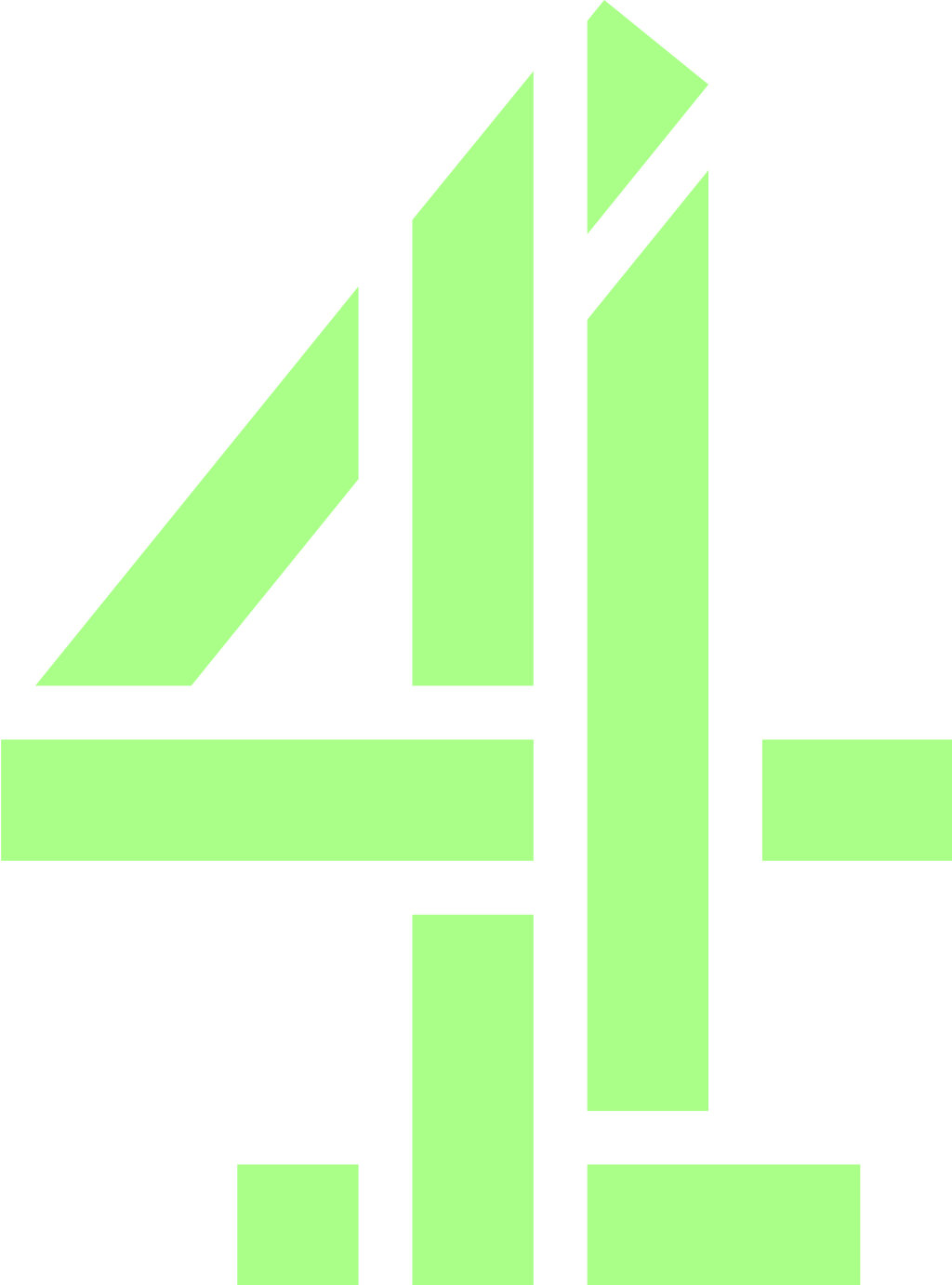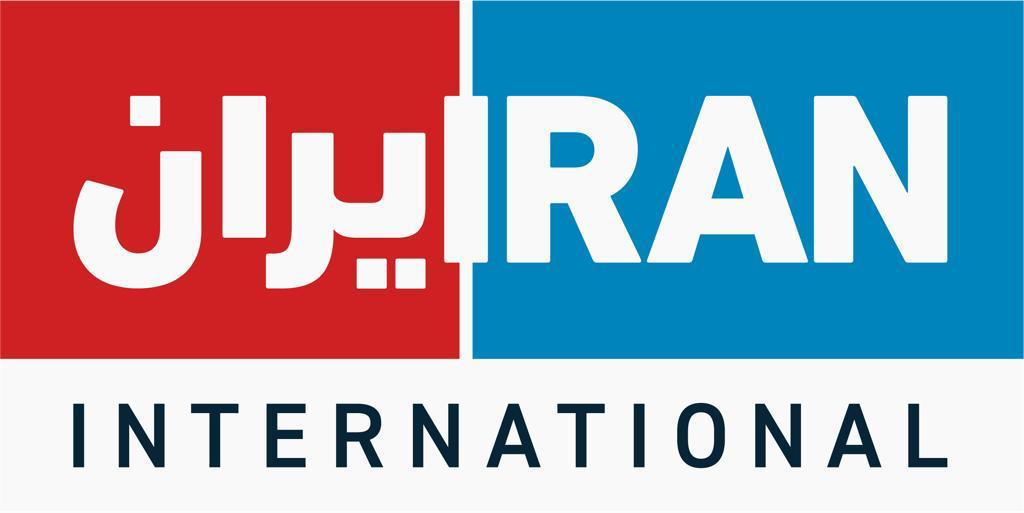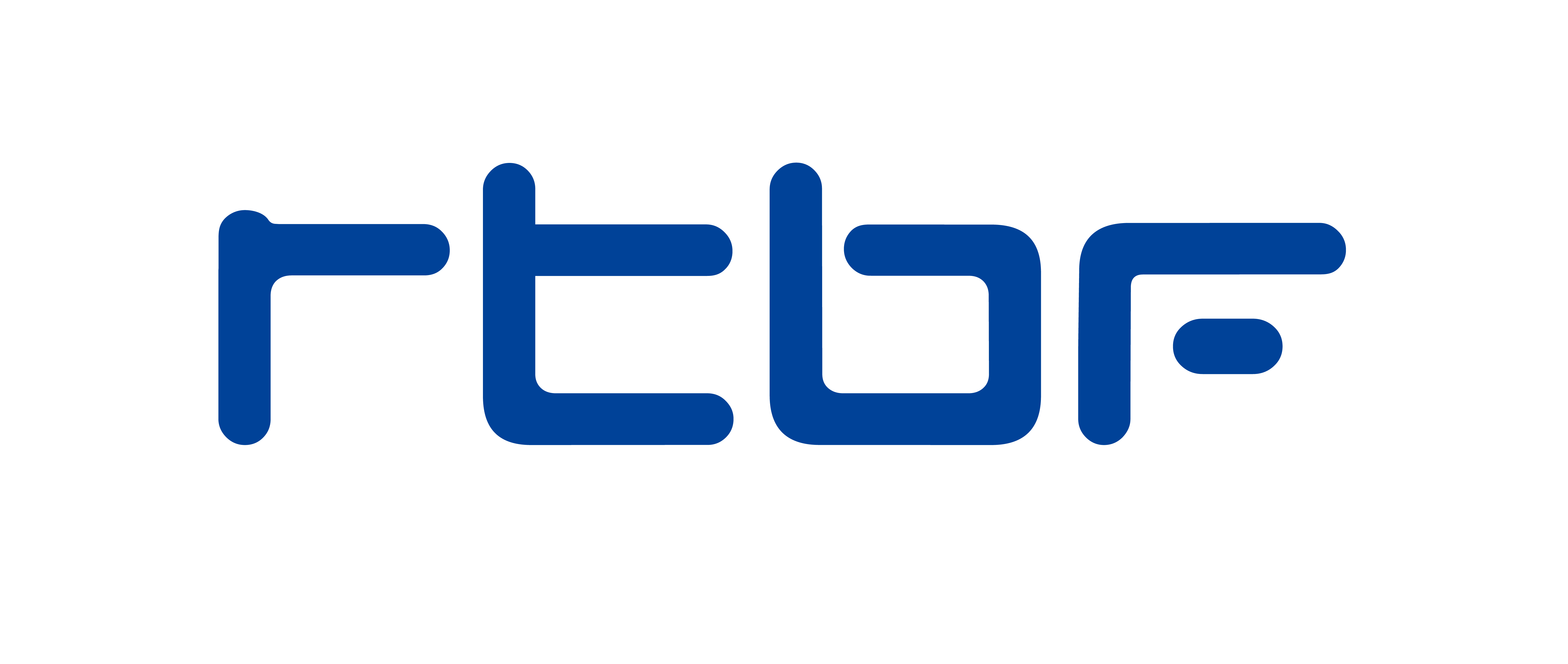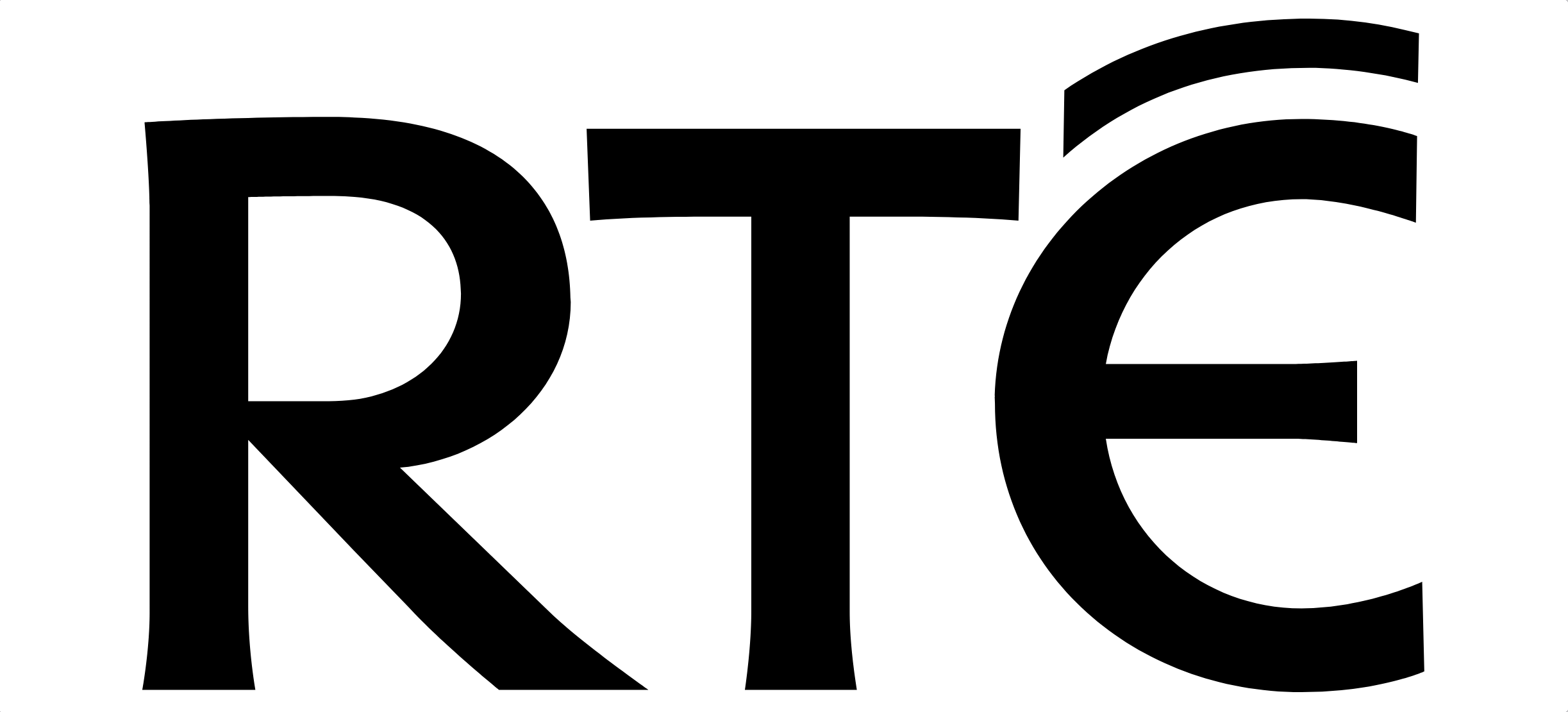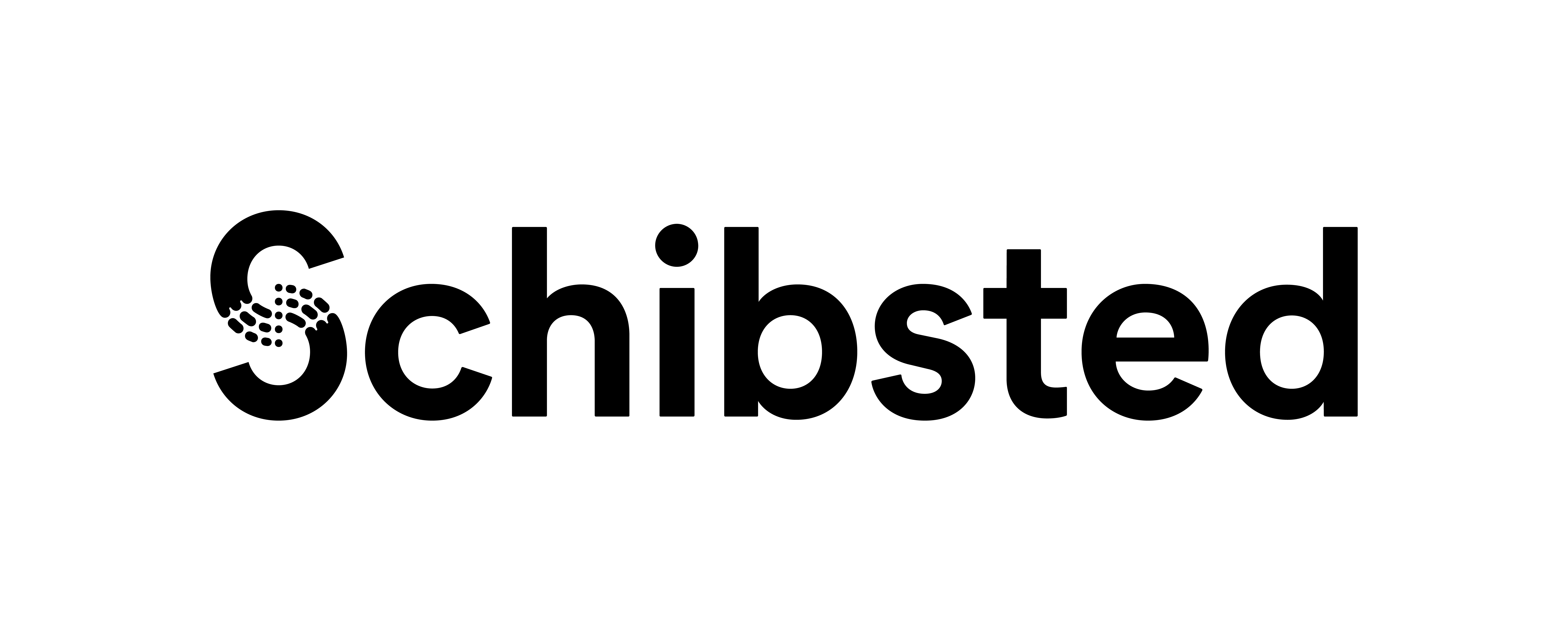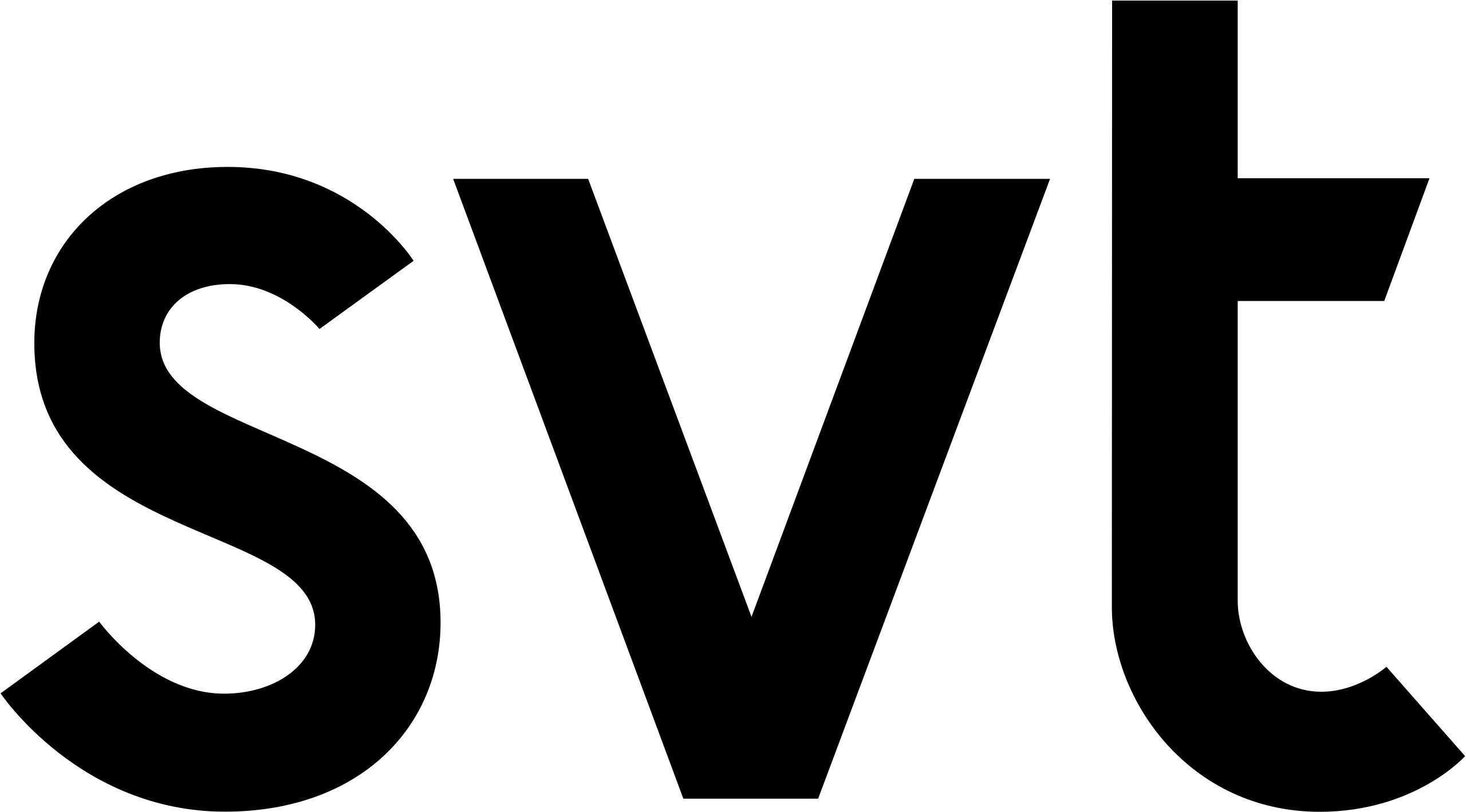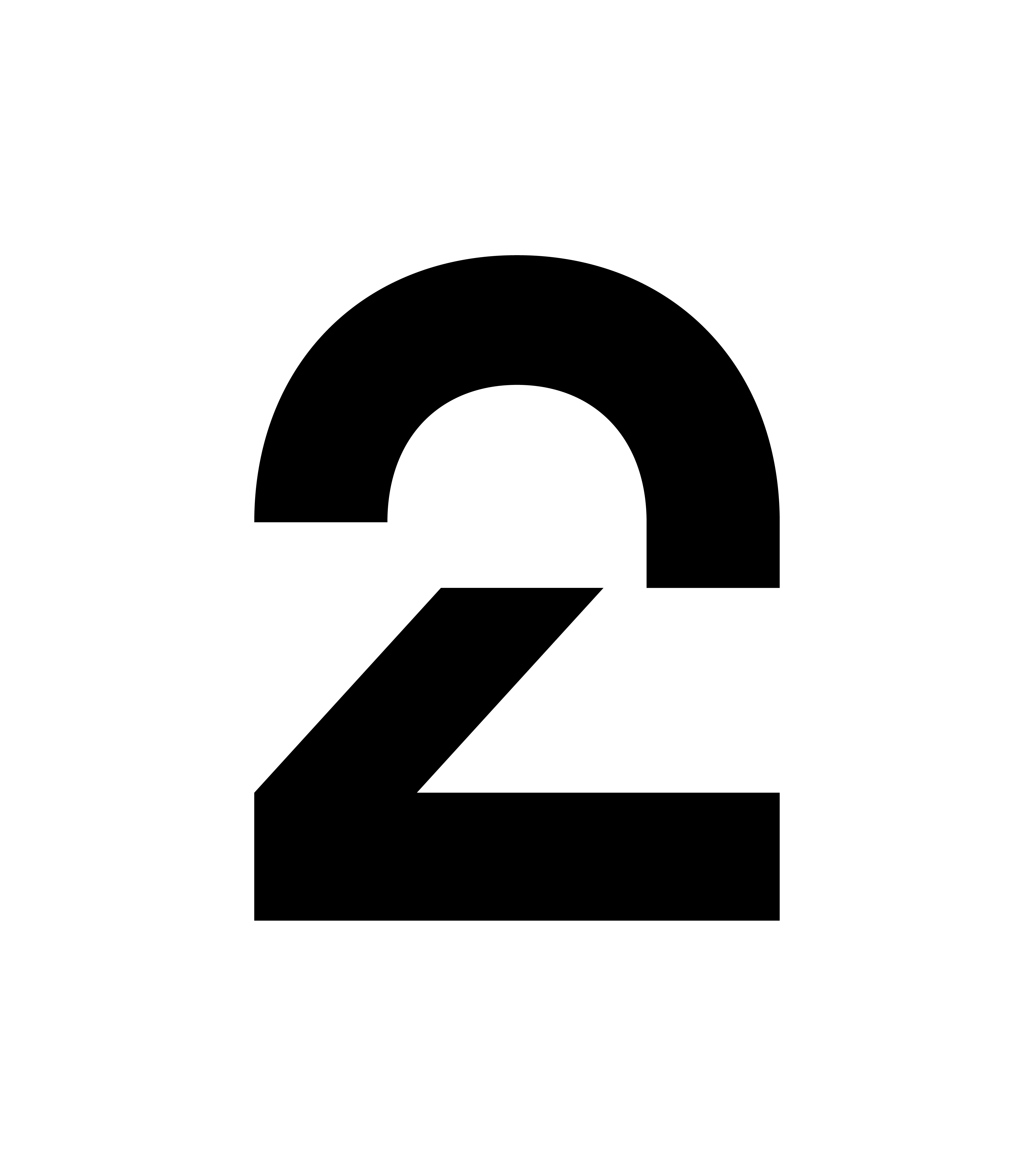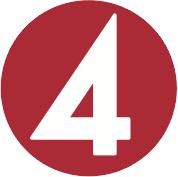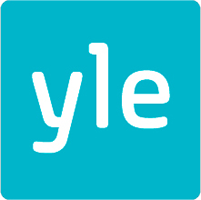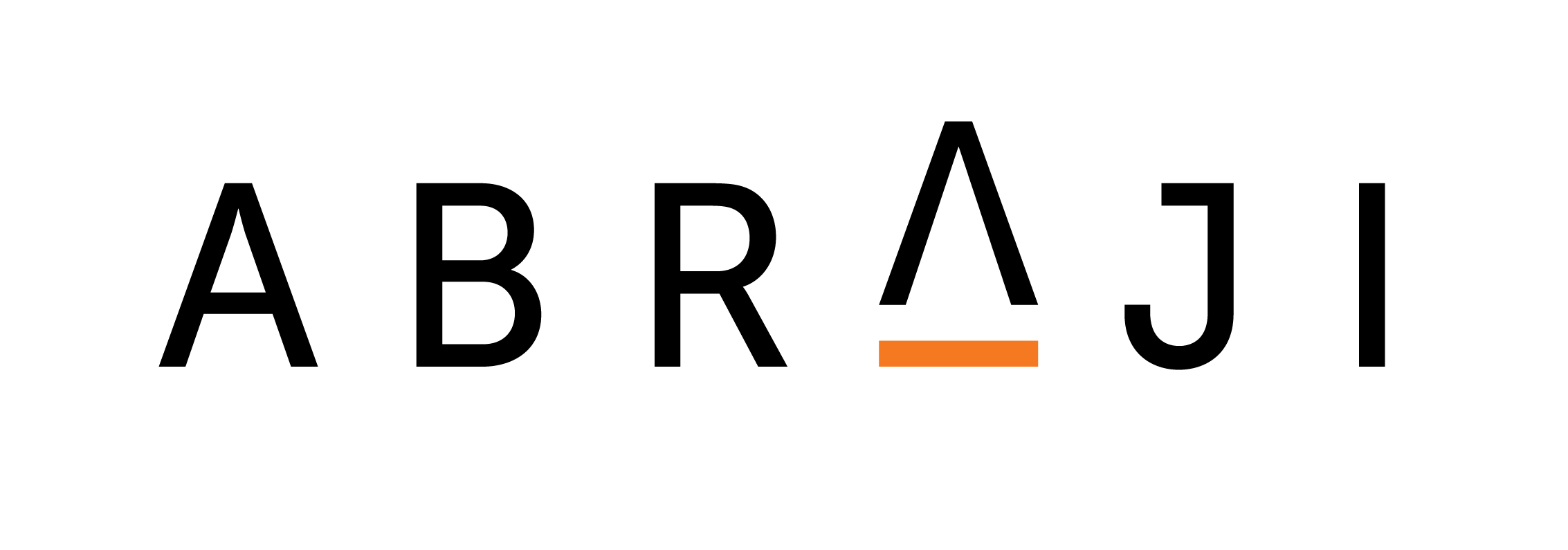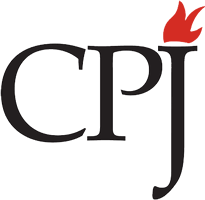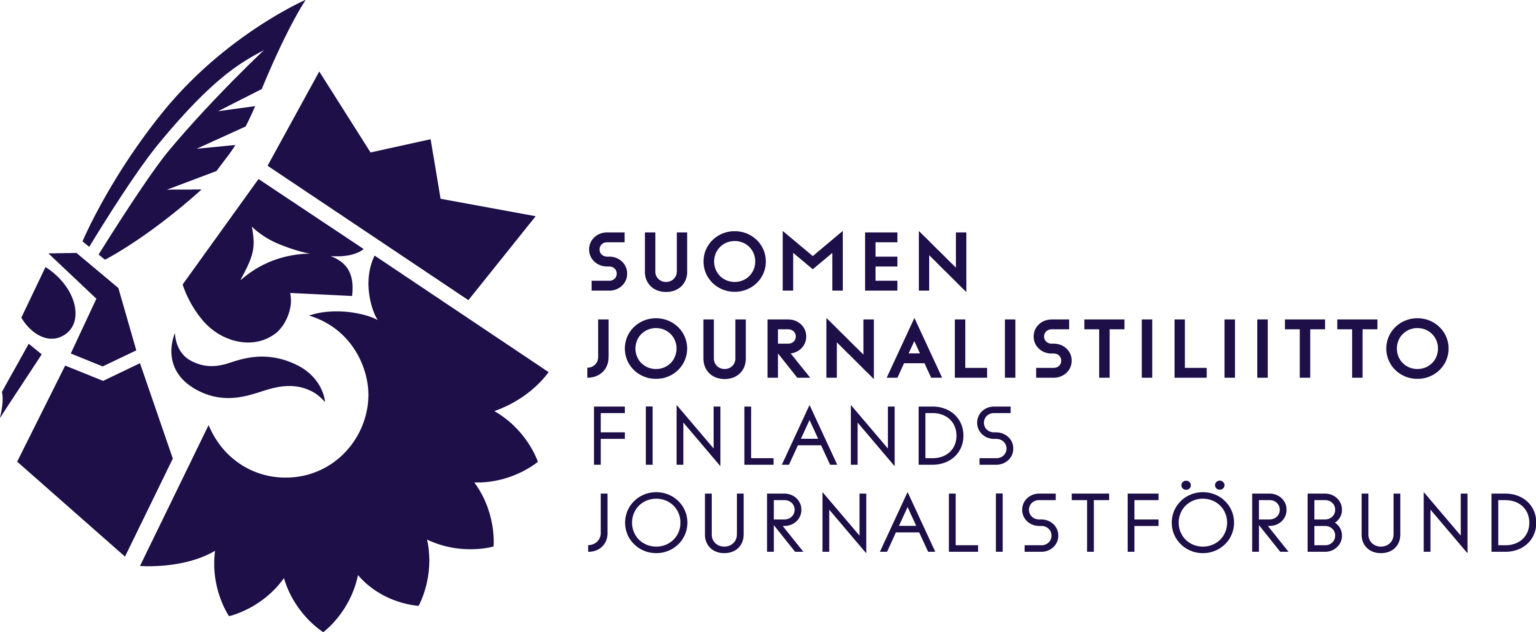In October 2020, veteran Brazilian journalist Yan Boechat went to a war zone for the first time since the pandemic. With bombs shaking the streets and adrenaline pumping, masks and hand sanitiser couldn’t have been further from his mind. He tells INSI the story of what happened next.
Excitement, fear, adrenaline
The first bomb explodes far away but close enough to remind us that we are in a war zone. The second strike shakes everything. The streets are suddenly empty and the blaring sirens announce imminent new attacks. We’ve just arrived in Stepanakert, the capital of Nagorno-Karabakh - the region occupied by ethnic Armenians deep in Azerbaijan, disputed territory and the scene of violent unrest between Armenians and Azeris for more than 30 years.
A mixture of excitement and fear washes over us. Marcus, my American fellow photographer, and I decide to run for cover in a building that I have photographed moments before. I remember the door being open. We look at each other and Marcus says: “One, two, three, let’s go.”
We run, scared. Cameras on, arms steady, trying to limit the shaking. Our translator and our two colleagues are already there and race with us into the basement. Inside, a dozen men huddle in an improvised bomb shelter. They are installing lights, fixing things up.
We spend more than an hour there doing interviews, taking pictures, filming. We are back in a war zone. Good first day, we think. Good images, a little action, we are all fine. Or are we?
Our imaginary bubble
Before entering Nagorno-Karabakh, I’d spent two days in Goris, Armenia, waiting for authorisation to travel. I had been very careful, wearing a mask and disinfecting my hands at every opportunity.
But as soon as I arrive at the hotel in Stepanakert, it is different. I meet old friends I hadn't seen for more than a year. Syria. That was the last time. October 2019. The Turkish invasion. Everyone was there then. But then 2020 and the coronavirus arrived and we all ended up stuck in our own countries. Now, Nagorno-Karabakh was the first conflict to “reopen for business” for agencies, newspapers, broadcasters. Journalists were finally allowed to travel again.
There are a thousand hugs in the lobby. More bombs. And that first night we are all back together in the hotel's basement, drinking Armenian cognac, remembering moments from our life before Covid, remembering friends, exchanging information. Within minutes, the world is back to the way it was before. For us, there in the hotel basement, there is no more Covid, no more death in hospital beds, no more pain or fear of a deadly, invisible enemy.
My colleagues, my friends, the soldiers, the residents of Nagorno-Karabakh and I, we all simply forget about Covid. We forget to wear masks. They stop making sense. They do not fit with our bulletproof vests, heavy helmets, cameras, water bottles. All of a sudden, the masks just disappear. At press conferences crowded in the basements of schools, one or two journalists still wear them. But soon, they too give up and join us, the hordes of fearless journalists. We are all maskless, sharing the few available glasses, sharing the badly washed grapes. Now and then a colleague jokes that this is a perfect place for the pandemic to spread. But then someone else reminds us that we have all taken a PCR test on arrival. Covid is the last thing we have to worry about. We are all in our imaginary safe bubble. In a war zone.
Unseen enemy hides in bunkers and basements
The days pass, the bombs keep falling, we live in the bunkers, we interview anyone and everyone, new colleagues arrive, lively parties follow to the sound of sirens. There is genuine excitement. We are together again, chasing after great stories, great photos. Adrenaline is coursing through our veins.
Then, one day, I wake with a headache. I curse myself for not bringing any paracetamol with me. Twenty-four hours later, it hits me. Like a truck at speed. My whole body is in pain. I feel exhausted and feverish. Still, I think it’s a bad cold. I badly want to go home but to be allowed on board a plane I need to take another Covid test. I pick a clinic listed as “acceptable” by Qatar Airways. It’s near my hotel. I turn up, confident. A woman sticks a swab up my nose and down my throat. Five minutes and I’m out.
Until this moment it hasn’t even crossed my mind that it might turn out to be positive.
We all know the feeling
Over the previous few months, I had covered the Covid crisis in my home country, Brazil, where more than 150,000 people have died and five million more have been infected. I'd been in ICUs crammed with patients teetering between life and death. I'd been to too many sick people’s homes and too many burials to remember. I’d even helped lift heavy bodies into coffins. And I’d never got sick. In every single case I wore my mask and my gloves and used sanitiser. I’d never dropped my guard.
It’s only when the test result arrives that I realise how I’d completely abandoned each and every safety protocol I’d been almost religiously following for so long.
The bombs falling from the sky, the rush to find shelter, the heavy vests, the uncomfortable helmets, the cameras, the excitement of being back in the field. You know the feeling. That urge to shoot the best photo, to find a great story, the joy of seeing friends, the cosy familiarity of those drinks in the basement of the hotel while the sirens sounded. We all know the feeling.
It’s around the seventh day when things start to get really bad. I start to cough a lot, my fever shoots up and, suddenly, I find myself with two paramedics in my hotel room. I tell them I am positive. They are wearing masks and they don’t seem very bothered.
The incongruously sweet voice of Google translate speaks. “We need to go to the hospital, you could die here.” Still in denial, I accept my fate. I put on my clothes, put on my boots and an ambulance takes me through the empty streets of a cold Yerevan night to hospital. At the door, men smoke and argue. Ambulances keep coming. They bring wounded soldiers from the Nagorno-Karabakh trenches. Inside, there are soldiers on stretchers, families crying, men smoking.
I am taken to a cubicle and told to pay $40 for a CT scan. Through Google translate again, my paramedic says to me: “We have to wait, many soldiers are wounded.” When my turn comes they take me to the scanner. I lie down on the machine for a few minutes - forward, backward, forward, backward – and then it’s over. I nod to my paramedic and he screws up his face: "problema”.
Google translate steps in: "You have pneumonia, 25 percent of your lung is compromised, you may have to stay here." I am panicking now. “How can I stay in a hospital, where no one speaks English?” I say to myself.
To make matters worse, I’ve recently discovered that my health insurance does not cover Covid-19 expenses. My Visa, Paydesk and my own Brazilian private health insurance, not one of them covers Covid costs.
I am screwed
Then the images come flooding back into my head. People being intubated, people like me, my age - I’ve seen so many. All the pictures, all the stories of the many people I’ve interviewed and who, just days later, were dead.
I’m taken to an emergency room, where several wounded soldiers are lying on stretchers. My paramedic talks to a doctor who’s holding a catheter bag over the belly of an injured soldier. She listens, takes a blank sheet of paper and writes six lines in Armenian. My paramedic picks it up, looks at it, then says in English: “Let’s go.” Two hours after entering the hospital, I’m escorted out with an $80 drug prescription and a farewell message: I have five days to get well. If I don’t improve, it means it’s serious. I might die.
I spent the next few days, fretting, alone, in my hotel room, and all I could think was: how could I be so stupid? The packed rooms, the shelters. Who did I get it from? Who could have I passed it on to? How could I possibly make such a mistake?
Stupid bastard me.
I won’t make that mistake again
Eventually, I found something more productive to do. I started writing to my friends who were still in Nagorno-Karabakh. So close yet so out of reach. I told them to please be careful, much more than I had been. It surely wasn’t worth coming to cover a war and then die of Covid.
In the end I did improve. Two weeks after the first symptoms, I kicked the virus and was free of Covid. I flew back home to São Paulo. Exhausted, hugely relieved, but still furious with myself for forgetting the first lesson of reporting from the field. When you become too complacent, that’s when you take unnecessary risks. I should have known better. I won’t make that mistake again. Simple as that.
Image by Marcus Yam


